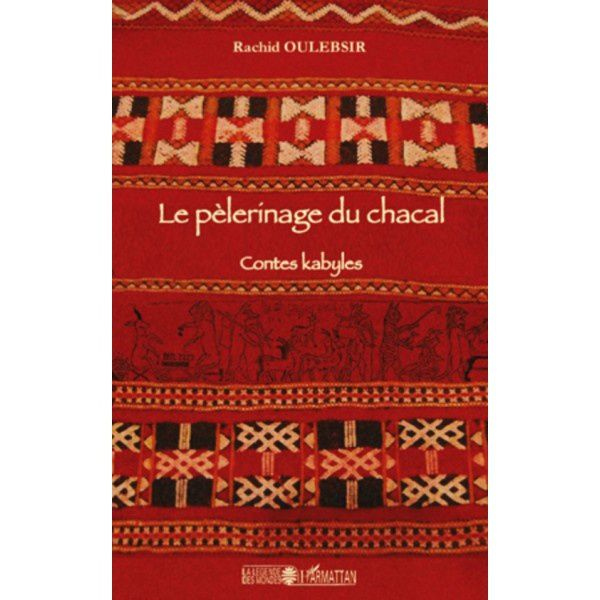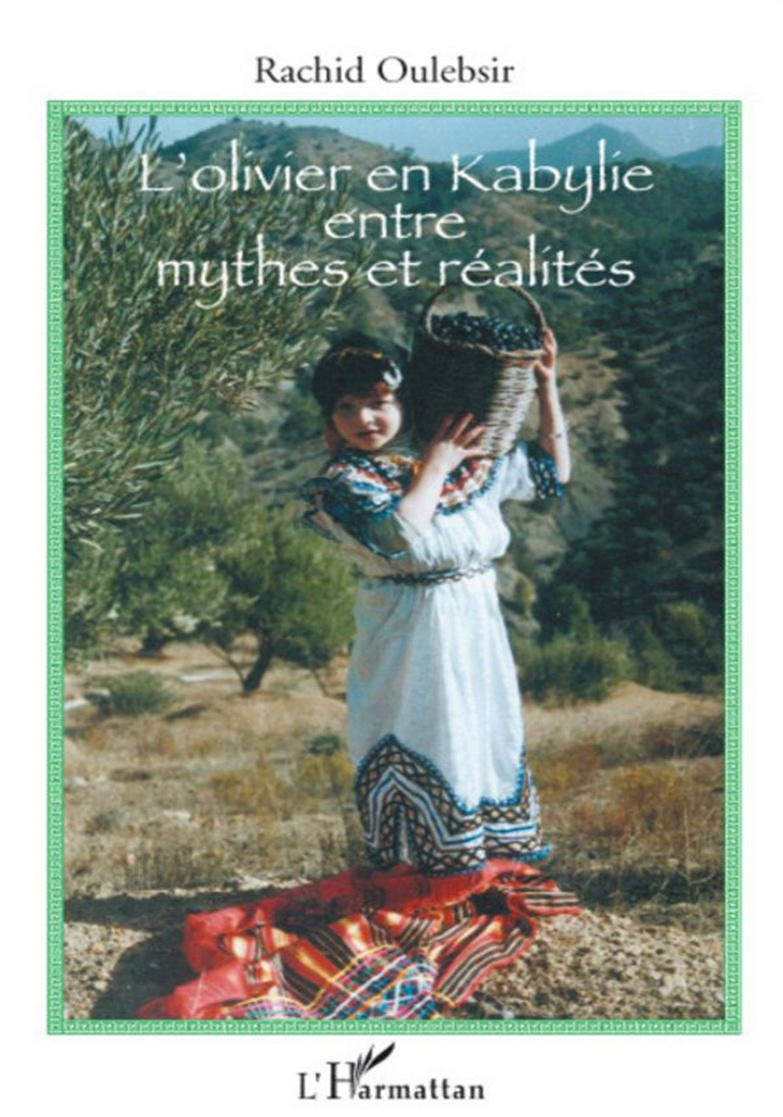Rachid Oulebsir

Rachid Oulebsir, born in 1953 in Tazmalt, (Bejaia), married, father of two children, graduated with in-depth studies in human resources economics from the universities of Paris Nord and Paris I Panthéon-Sorbonne (1978). At the beginning of the 80s, he broke away from academia to realize his dream: to live in Kabylia with the last peasants with medieval culture! Olive grower, shepherd, mason, gardener, he shares their cultural rituals and their community habits...
We have the immense joy of welcoming among us this evening, Mr. Rachid Oulebsir, in his capacity as a writer, novelist and poet, who will present to us his latest book, published by Tira, entitled: “The last Kabyles”.
Before giving you the floor, to tell us more about your fictional work, we will try to briefly retrace your biographical journey, which will, without doubt, help us understand your thematic choices...
Mr. Oulebsir, you were born the day before the outbreak of the War of Liberation, in 1953 in Tazmalt, this is where you spent your childhood, a troubled childhood, marked by the absence of your father, who very early left to join the maquis to fight the enemy.
You enroll in the French school in 1959, with French army soldiers as teachers, with its share of disturbances...

In 1960, you received more conventional education, with civilian staff trained in didactics and more capable of providing better teaching.
After sixth form, you returned to Algiers to continue your secondary studies, precisely at the Emir Abdelkader high school, between 1964-1971, as a boarder. This period, according to you, is of decisive importance, it is the beginning of the first cries of revolt, of the first protests. By making cultural diversity an asset,... you basically wanted to affirm your Algerianness...
1971-1976: you joined the faculty of law and economic sciences in Algiers, the university context was particularly favorable to you, because it favored your creative impulse…and according to you: “the pen is the best friend of pain”. So you see writing as a catharsis.
Following this, you left for France to continue your studies and obtain a diploma in human resources economics at Paris Nord and Paris I Panthéon-Sorbonne in 1978, and you were forced to return in 1980 in order to assist yours. You have returned “kabylement”, a word that is dear to you to describe your desire to reconnect with the land of your ancestors.
Your stay in Europe was beneficial to you, since the travels in the Old Continent forged part of your character and injected into you this spirit of activism, struggle and combat, since you were an important social actor for the Maghreb community in France. Your meeting with Boudiaf, on November 1, 1976, had something to do with it.

In April 1980: you were obviously part of the fight for identity and democracy.
In 1981-1982: you took over the family farm, you carried out your national service between 1983-1985 in Constantine.
1986 you were an economics teacher in Akbou, then director of a college, and finally recently held a position in the education department.
Now back to writing, you started it in high school when you were in 9th grade where you edited the poetry section of the school magazine entitled “La Voix de l’Emir”.
You will soon publish a collection of poetry under the title: “Petite fleur de Kabylie”, published by Tira, then another novel under the title: “L'éveil des mummies”, recounting the story of Algerian intellectuals in the 1970s. , a story in which a multitude of other stories are embedded.

You also published an essay with Harmattan, “The olive tree between myths and realities”, which is a series of twenty reports revolving around the real and mythical environment of the olive tree, which is the subject of 'a reissue.
At a time when the Harraga phenomenon is gaining momentum, despite the tragic consequences, the character in your novel “Les Derniers Kabyles” decides to reintegrate into his society, thus contributing through his knowledge and erudition towards a transition to modernity around which your problem revolves, which is supported by a quote from Gramsci “The old world is dying. The new world is slow to appear. “
The choice of “I” explains your autobiographical writing
Your novel tells the story of a Kabyle civil servant who abandons the city and the urban world, including his partner Linda and her friends, to join his family in Ighil, the arch of At Mlikeche for the benefit of “the last moments of Kabyle society”
Through meticulous observation and a lucid and objective critique of Kabyle society that the author questions, asking the Kabyle people to account for their heritage.
The novel is made up of 12 parts, which retrace Berber civilization to teach us about practices, traditions, customs, trades (the loom), Transhumance, the Agora, etc.
To achieve this writing project, Rachid Oulebsir produced numerous reports on traditional Kabyle trades, rites and customs for the newspapers Le Matin and La Dépêche de Kabylie. (the literary café, September 5, 2011, by Ryma).
Source: websites

